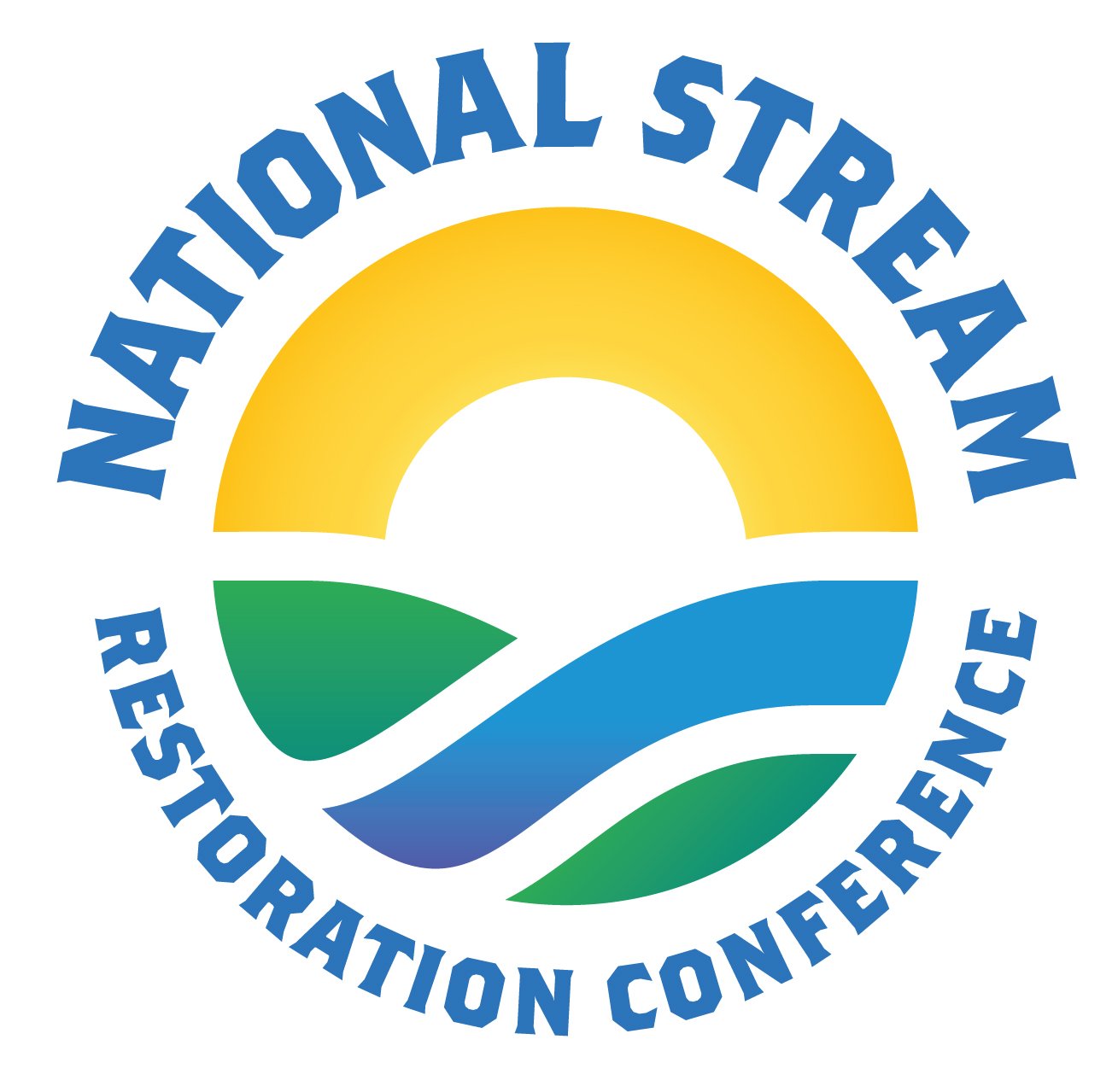Accounting for Regime Changes in an Urban Corridor: A Case Study of Restoring a Restored Stream
Aaaron Hofberg, PE,
RES
Richmond, VA
Kip Mumaw
Ecosystem Services
Richmond VA
Urban stream restoration projects can present numerous challenges especially when infrastructure and utilities have constrained a stream’s belt width and upstream watershed development have altered, and continue to alter, the sediment and hydrologic regime. A commonly used approach to protect urban infrastructure in stream corridors with constrained belt width is armoring banks with imbricated boulder walls. Recent review and monitoring of an urban stream restoration project that was implemented five years ago presented a case study for problems encountered with boulder toe meander bend stabilization and how stabilization methods relate to floodplain access and sediment storage.
The study involved gathering detailed topographic and geomorphic surveys to develop 2D hydraulic models. Modeling complimented field observations and allowed for an iterative design process. The hydraulic models were used to evaluate shear stress and velocity vectors for various bank heights, channel dimensions, bank surface roughness, and point bar slopes. These models provided insight to functional bank stabilization and the extent and location of floodplain access. Five years of on-site stream and rain gauge data provided valuable storm intensity and stream response data to incorporate into the hydraulic models. The modeling results favored a lower bank height, higher bank and floodplain surface roughness, and more gradual point bar slope to impede and divert velocity vectors and reduce shear stress.
The resulting stream restoration repair plan was implemented to provide toe wood and live vegetative soil lifts in place of the boulder toe walls. The implementation work also involved re-grading the stream banks and point bars to provide easier floodplain access.
About Aaron Hofberg, PE
Coming Soon
About Kip Mumaw
Kip is the principal engineer and cofounder of Ecosystem Services, a natural resource consulting firm based in Charlottesville, Virginia. He graduated from Virginia Tech earning a Bachelor of Science in Civil and Environmental Engineering. Kip has spent untold hours doing pebble counts in the dead of winter, contemplating the mystery of incipient motion, and considering the origins of near-bank-stress.


